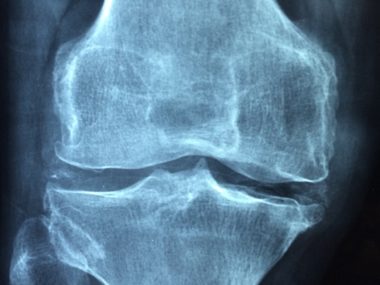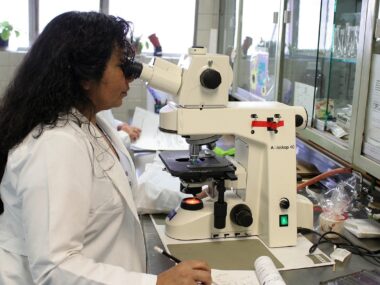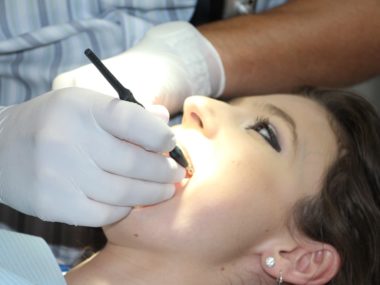The NHSC is an organization that was established to ensure the availability of healthcare services in rural or underserved areas. The National Health Service Corps (NHSC) Loan Repayment Program is a vital initiative within the United States healthcare system designed to address workforce shortages and improve access to quality healthcare in these rural communities.
The NHSC loan repayment program offers financial assistance to healthcare professionals in exchange for their commitment to serving in Health Professional Shortage Areas (HPSAs).
Core Objectives of the NHSC Loan Repayment Program
The primary objectives of the NHSC Loan Repayment Program are to reduce healthcare disparities, improve access to primary care services, and enhance the overall health of underserved communities. By offering financial incentives, the program aims to attract and retain healthcare professionals in areas facing critical shortages.
Key features of the NHSC Loan Repayment Program
- Eligibility: The NHSC Loan Repayment Program is open to various primary care professionals, including but not limited to: Physicians (MD or DO), Dentists (DDS or DMD), Nurse Practitioners (NP), Certified Nurse-Midwives (CNM), Physician Assistants (PA) and Behavioral and Mental Health Professionals.
- Service Commitment: Participants in the NHSC Loan Repayment Program commit to providing primary care services in HPSAs for a specified period, typically two years. The service commitment is a crucial element of the program, ensuring that healthcare professionals contribute to addressing the primary care needs of underserved communities.
- Loan Repayment Amounts: The NHSC provides loan repayment assistance to participants, covering a portion of their qualifying educational loans. The amount of repayment is determined based on the participant’s discipline and the location and HPSA score of the site where they are providing service.
- Qualifying Educational Loans: The NHSC Loan Repayment Program covers educational loans incurred for qualified expenses, including tuition, reasonable educational expenses, and other direct educational costs. The program does not cover loans for non-educational purposes, such as credit card debt.
- Payment Process: Loan repayment is typically made directly to the participant’s loan servicer. The NHSC aims to make loan repayment as straightforward as possible for participants, alleviating the financial burden associated with educational debt.
Application Process for the NHSC Loan Repayment Program
- Application Period: The NHSC Loan Repayment Program has an annual application cycle. Prospective applicants should closely monitor the NHSC website for announcements regarding the opening and closing dates of the application period.
- Eligibility Criteria: To be eligible for the NHSC Loan Repayment Program, applicants must meet specific criteria, including being a U.S. citizen or national, being licensed and eligible to practice in their discipline, and committing to providing primary care services in an HPSA.
- Competitive Selection Process: The selection process is competitive and evaluates applicants based on factors such as commitment to primary care, cultural competency, leadership qualities, and the potential to serve in underserved areas. The NHSC seeks individuals aligned with its mission of reducing healthcare disparities.
- Notification and Placement: Successful applicants are notified of their acceptance into the program and are subsequently placed at NHSC-approved service sites. Participants are expected to fulfill their service commitment in the designated HPSA.
Impact of the program
- Strengthening Primary Care Workforce: The NHSC Loan Repayment Program has significantly strengthened the primary care workforce in underserved areas. By attracting and retaining skilled healthcare professionals, the program addresses critical shortages and ensures that communities have access to essential healthcare services.
- Enhancing Access to Care: Participants in the NHSC Loan Repayment Program play a pivotal role in enhancing access to care. By serving in HPSAs, these professionals contribute to reducing barriers to primary care services and improving health outcomes in underserved communities.
- Cultivating Provider-Patient Relationships: The program fosters provider-patient relationships built on continuity of care and community engagement. Participants often develop strong connections with the communities they serve, leading to a more patient-centered approach to healthcare.
- Alleviating Financial Burden: For healthcare professionals burdened by educational debt, the NHSC Loan Repayment Program provides substantial relief. By assisting with loan repayment, the program contributes to the financial well-being of participants and enables them to focus on providing quality care.
Challenges and Future Directions
- Adapting to Changing Healthcare Needs: The NHSC Loan Repayment Program will need to adapt to evolving healthcare needs, including changes in healthcare delivery models, advancements in technology, and emerging health challenges. The program may explore ways to align with broader trends in the healthcare landscape.
- Expanding Mental Health Support: Recognizing the increasing demand for mental health services, the NHSC Loan Repayment Program may consider initiatives to further support mental health professionals. This includes addressing the unique challenges associated with recruiting and retaining mental health providers in underserved areas.
- Incorporating Telehealth: In response to the growing importance of telehealth, the NHSC Loan Repayment Program may explore strategies to support providers engaged in telehealth services. This could involve addressing licensure challenges and ensuring that telehealth is an effective means of delivering care in underserved areas.






